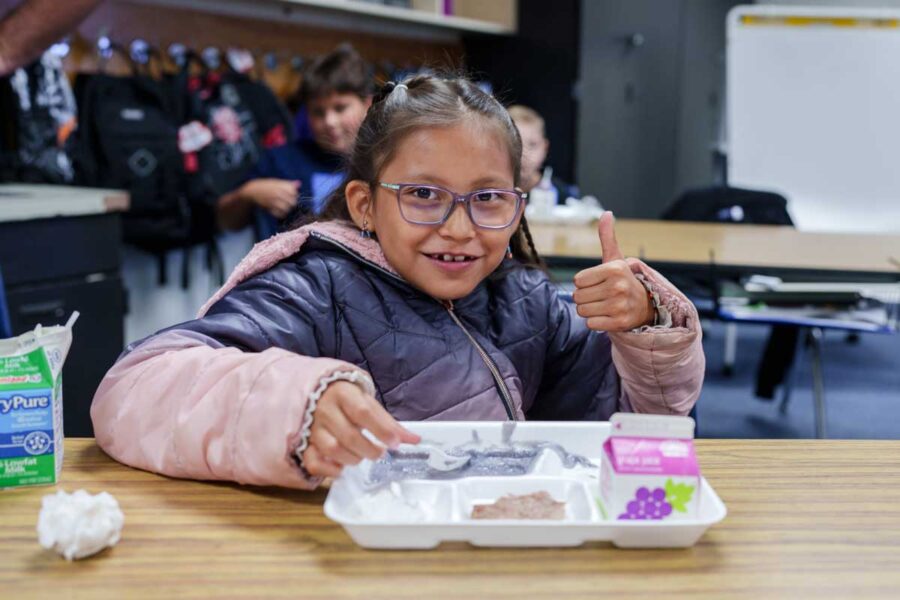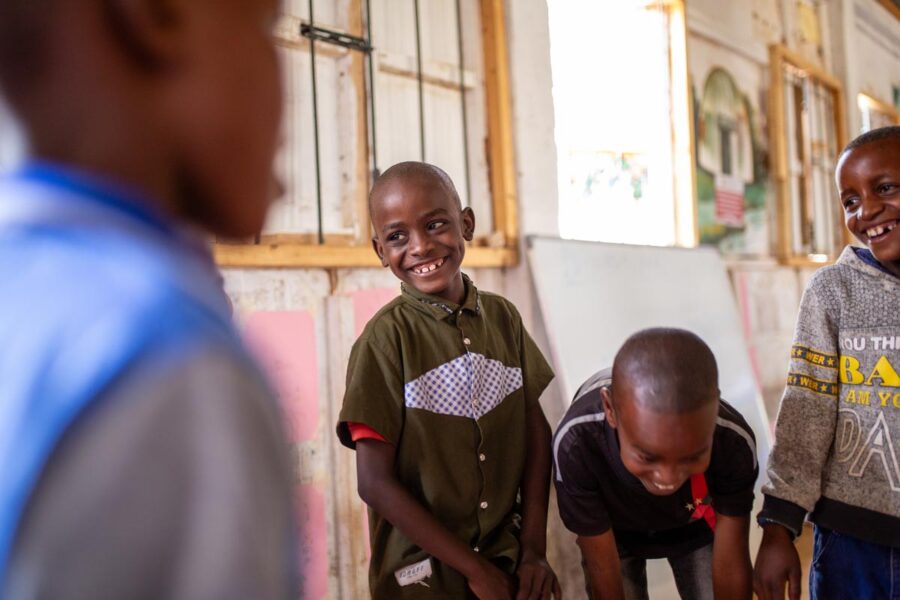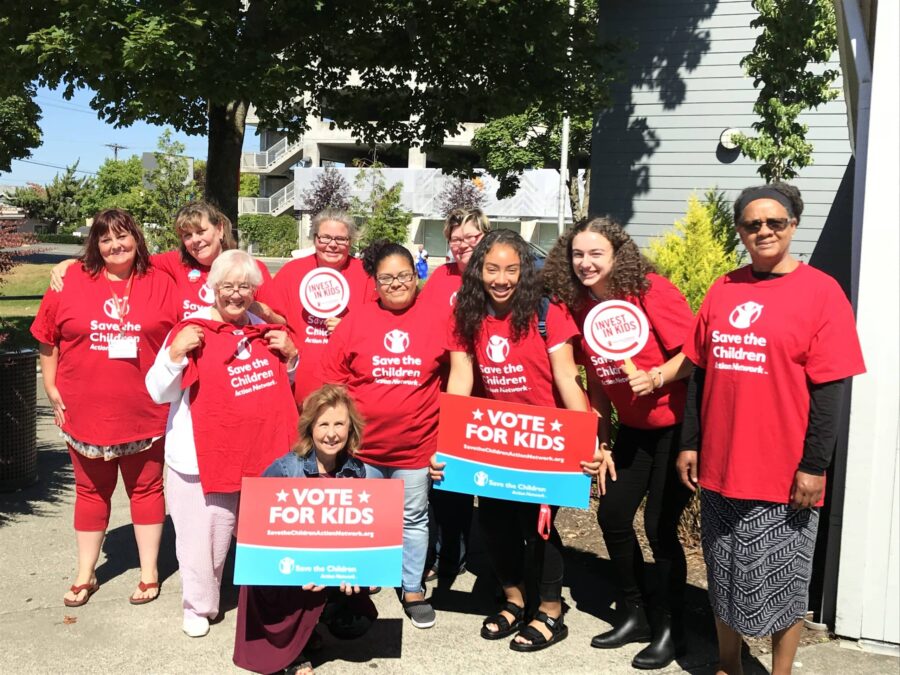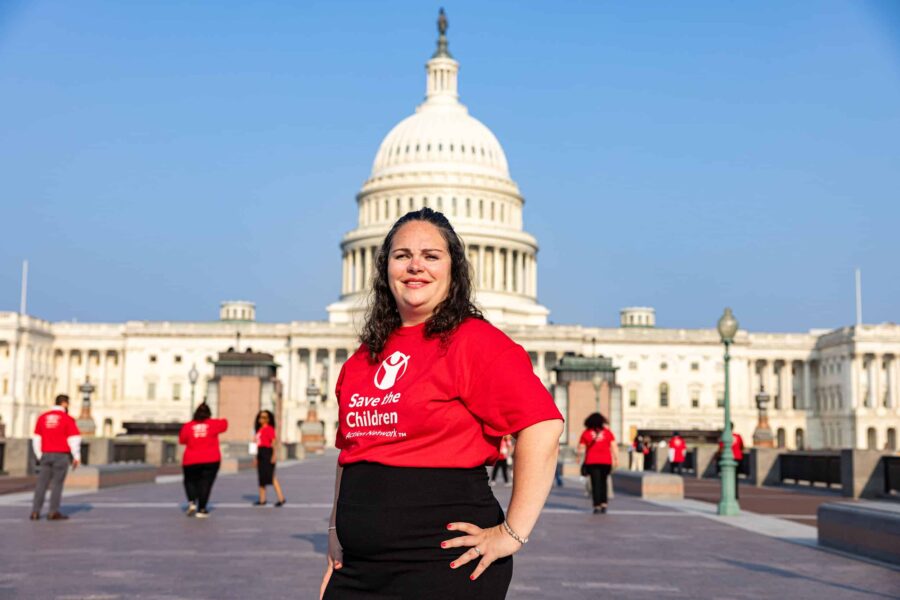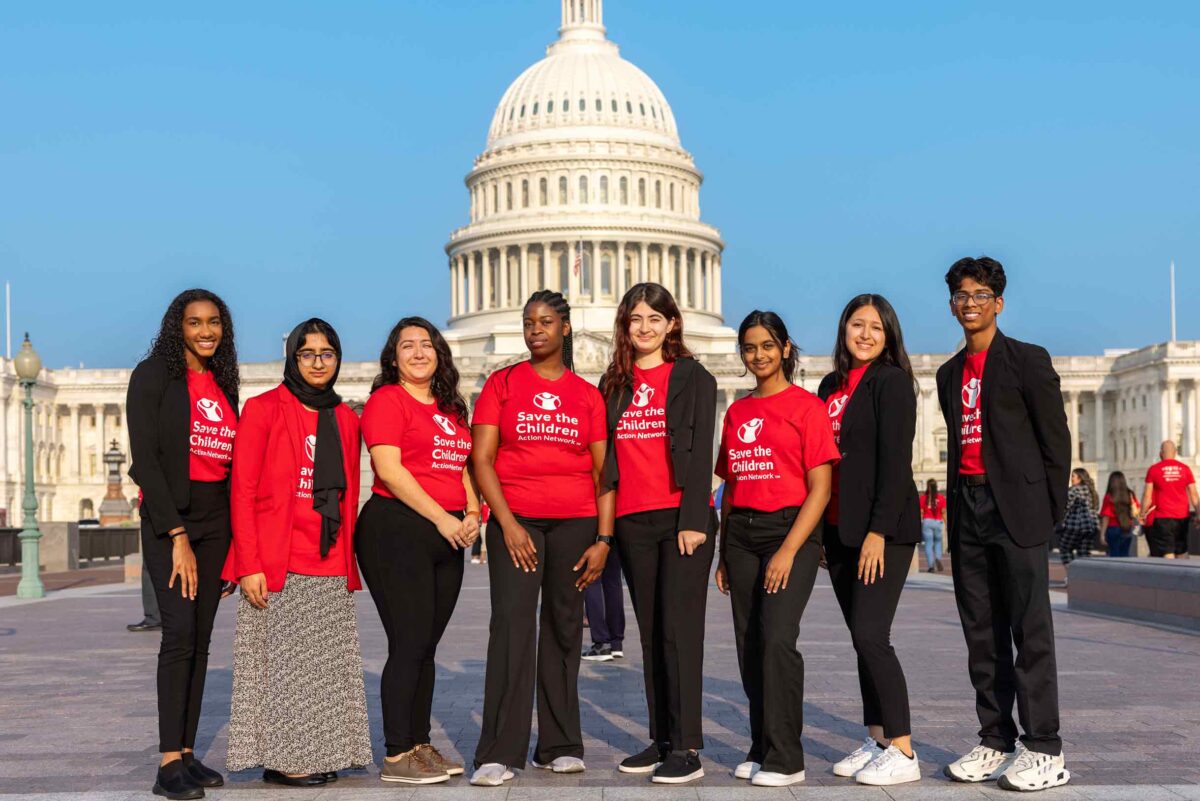Our Work
Kids can’t vote — so SCAN fights for them.
Our Work
Kids can’t vote — so SCAN fights for them.
YOUR VOICE, OUR MISSION
SCAN advocates show up and speak out for children. Our voices are everywhere, from local fairs and farmers markets to college campuses and Capitol Hill. Together, we champion legislation and push lawmakers to prioritize kids — because every child deserves a strong start in life.
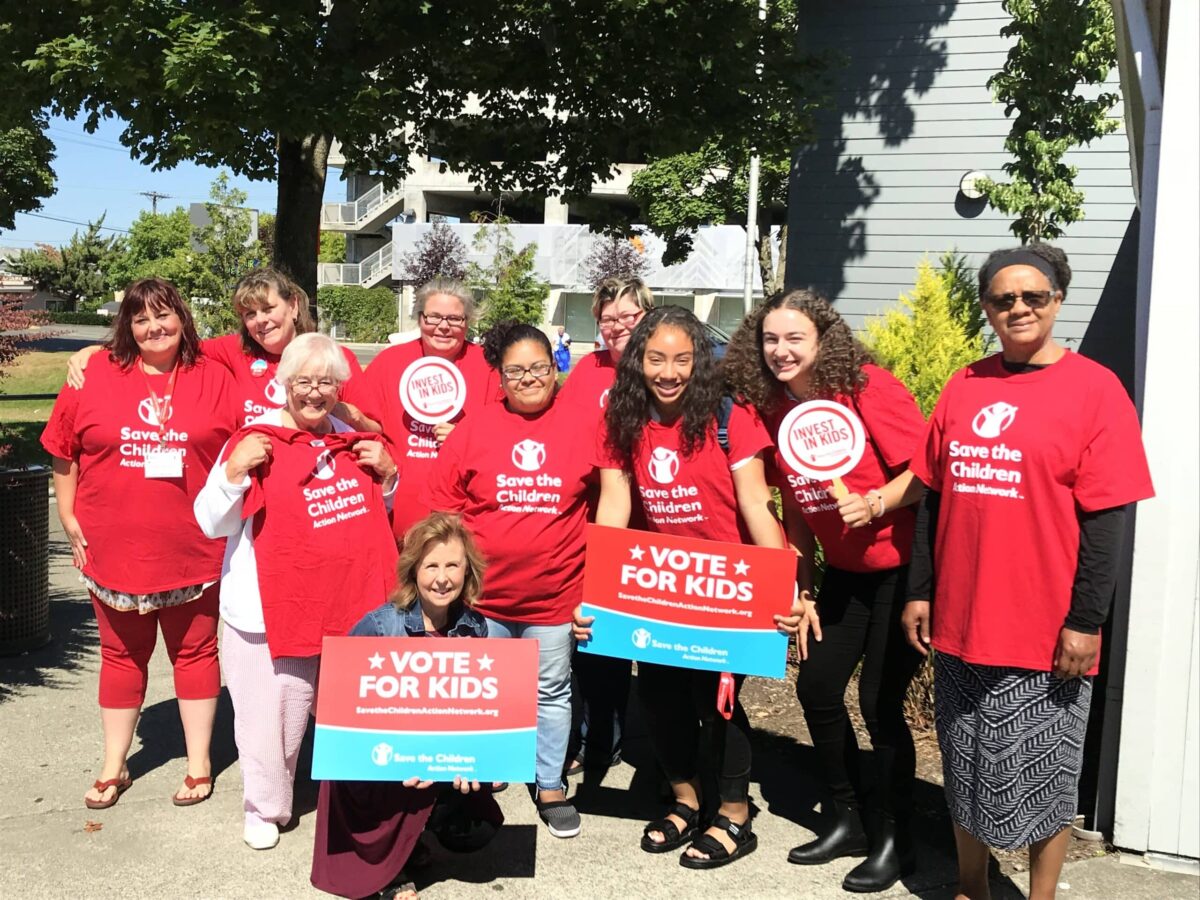

Early Learning & Child Nutrition
Advocating for Kids in State Legislatures
In 2023, we secured major investments across 8 states to expand early learning programs and prevent child hunger.
$900M
invested in helping kids thrive
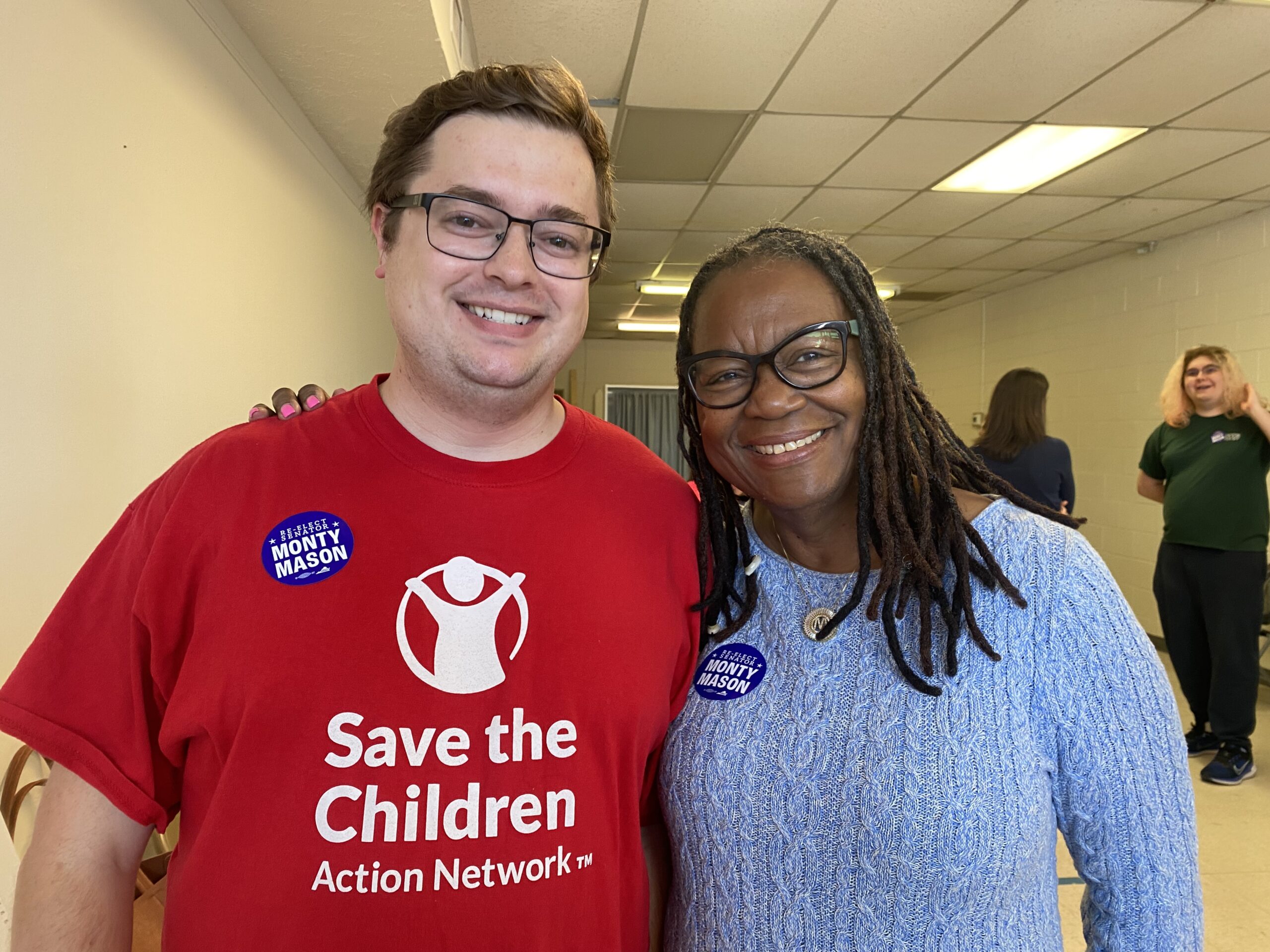

At the Ballot Box
Electing Bipartisan Champions for Children
30
champions for children in office
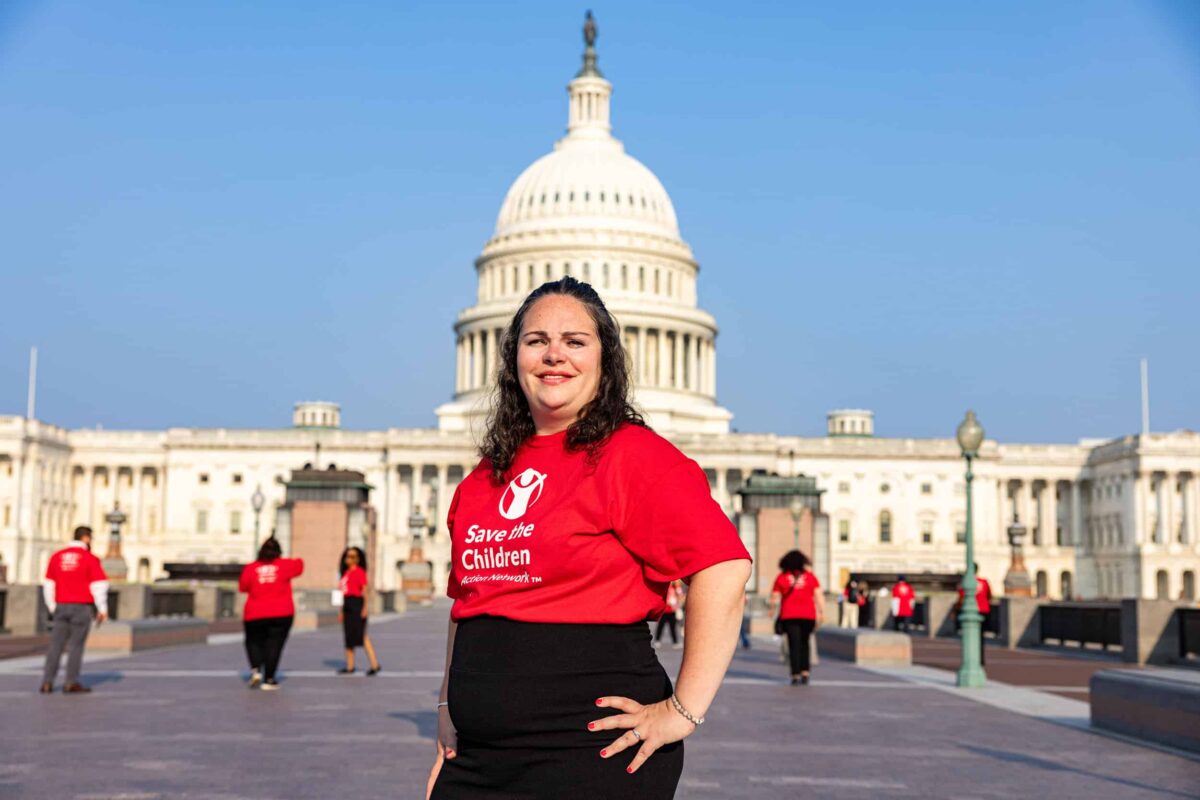

A Network of Changemakers
Mobilizing Advocates Like You
6.5M
messages sent to lawmakers over the past 10 years



